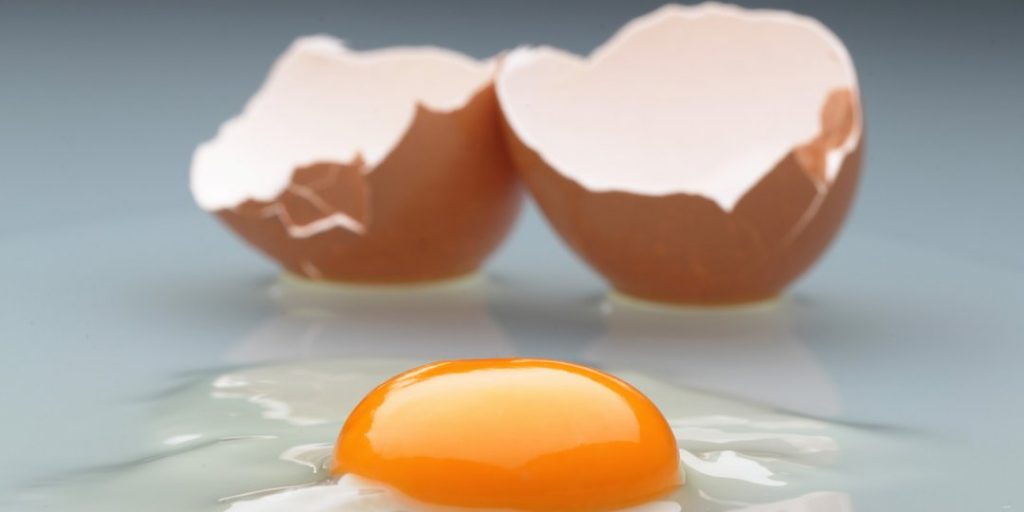Are Whole Eggs Better than Whites for Muscle Growth? (Research Review)
If you want to know what science has to say about whether eating whole eggs or eating egg whites after a workout is better for building muscle, then you want to read this article.
According to new research, published in the December issue of the American Journal of Clinical Nutrition, eating whole eggs (the yolks plus the whites) – versus an egg-white-only meal – does a better job of stimulating muscle-protein synthesis after resistance training.
This is just the latest study to suggest that the combined effect of nutrients and phytochemicals in whole eggs is greater than the effect of its separate parts – never mind what you thought you knew about their fat- and cholesterol-laden yolks.

The study
In the most recent study, researchers from the University of Illinois at Urbana-Champaign fed 10 healthy resistance-trained young men 18 grams of protein from either egg whites or whole eggs (three eggs worth of protein) immediately after a strength workout. Blood and muscle biopsy samples were collected to measure muscle-protein synthesis.
One to two weeks later, the participants who consumed the egg whites were tested again after eating whole eggs, and vice versa.
Muscle-protein synthesis for 3.5 hours after exercise was greater after eating whole eggs compared to egg whites, despite each egg meal being matched for protein content.
This study does have limitations. It was very small and conducted in healthy young men who strength-trained on a regular basis.
The results may not hold true for women, sedentary people or older adults.
Plus, the researchers analyzed muscle response to egg intake after only one resistance workout. The long-term effects on muscle mass and strength are unknown.
Still, since resistance exercise is a powerful stimulus for muscle-building, more so than diet, it’s notable that the researchers detected a difference in muscle-protein synthesis between whole eggs and egg whites.
Egg nutrition
One large egg, with the yolk, delivers 72 calories, five grams of fat (60 per cent of it unsaturated fat) and 6.3 g of protein.
The high-quality protein in eggs delivers all of the essential amino acids needed to build and maintain muscle mass. The yolk contains 42 per cent of the protein in an egg, which might surprise you.
And thanks to the yolk, eggs are an exceptional source of hard-to-find choline, a B vitamin-like compound that helps transmit nerve impulses and is important for brain function. Eggs also contain B vitamins, vitamin A and lutein, an antioxidant that helps maintain healthy vision.
One whole egg also supplies 15 micrograms of selenium (one-quarter of a day’s worth, most of it found in the yolk), a mineral that protects DNA in cells and is needed for thyroid function and immune health.
Whole eggs back on the menu?
Since the 1960s, eggs have been vilified for their fat- and cholesterol-containing yolks. Eating too much food cholesterol was thought to raise blood cholesterol and increase heart disease risk.
One large egg has 190 milligrams of cholesterol and, until recently, we were long advised to limit our daily cholesterol intake to 300 mg. That recommendation changed two years ago.
The fact that cholesterol in foods has little or no impact on most people’s blood LDL (bad) cholesterol prompted the U.S. government to drop its daily cholesterol limit from the 2015-20 national dietary guidelines, stating cholesterol is no longer a “nutrient of concern.”
Some experts, though, question this advice. They recommend that people at high risk for heart disease, which includes those with diabetes, limit cholesterol intake to 200 mg a day.

